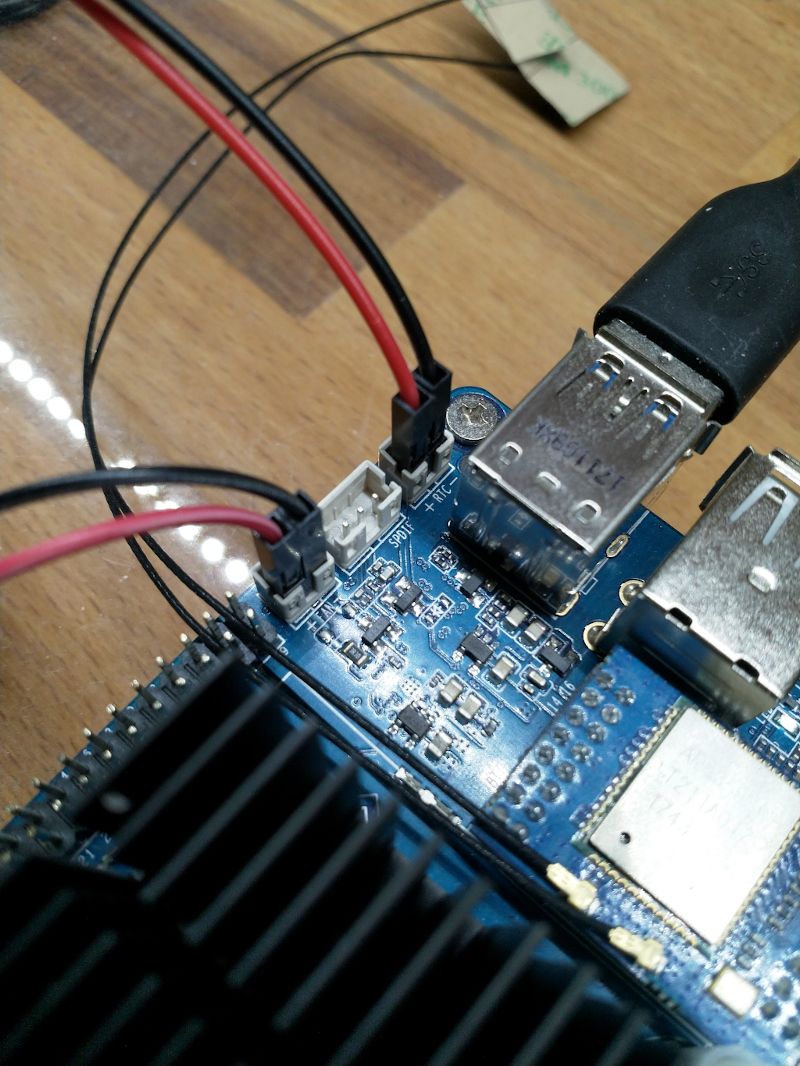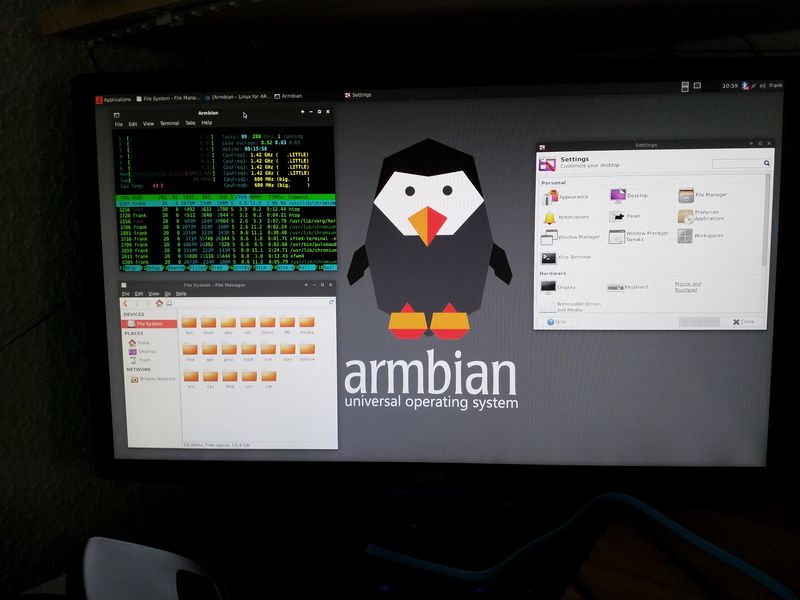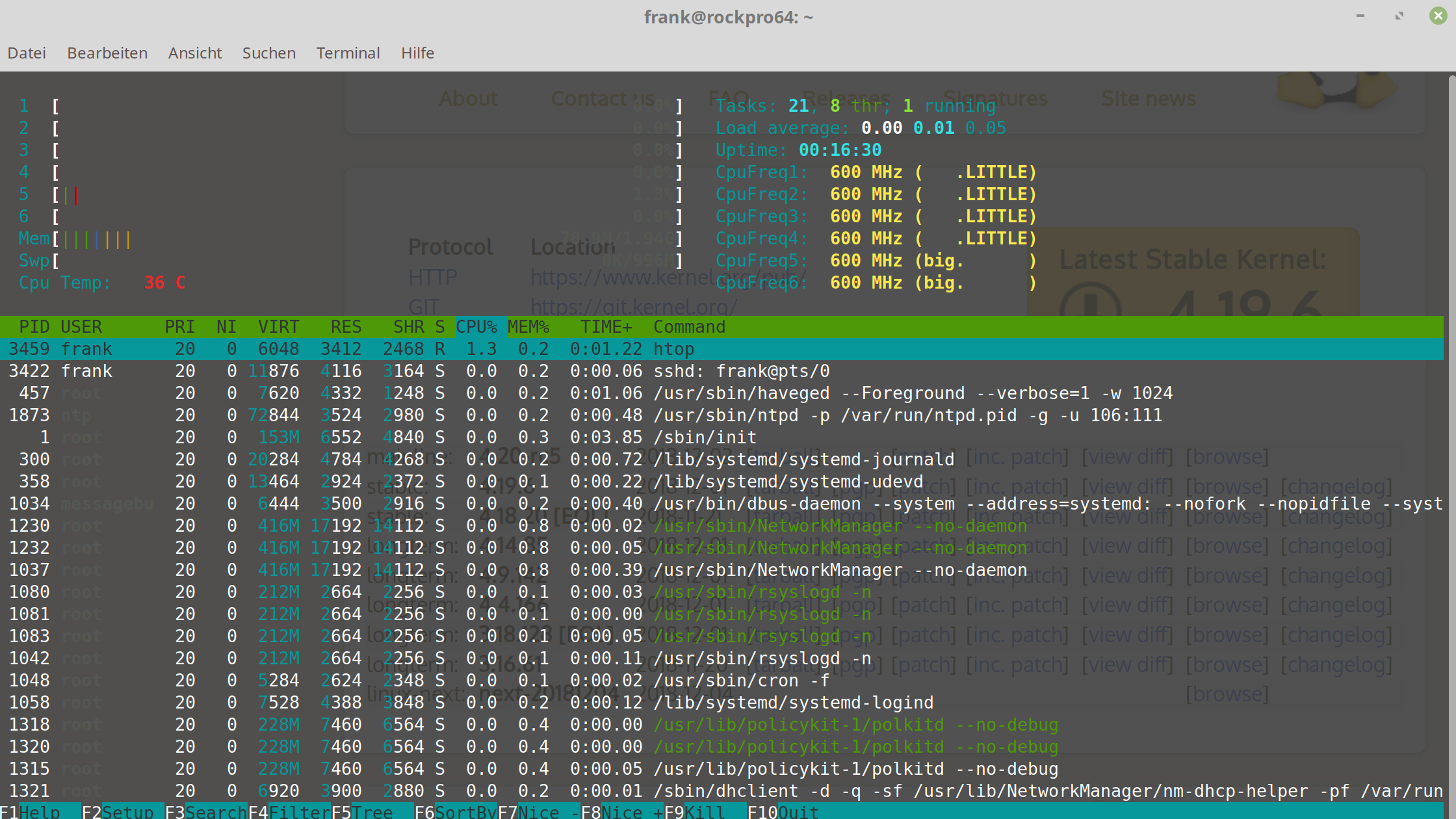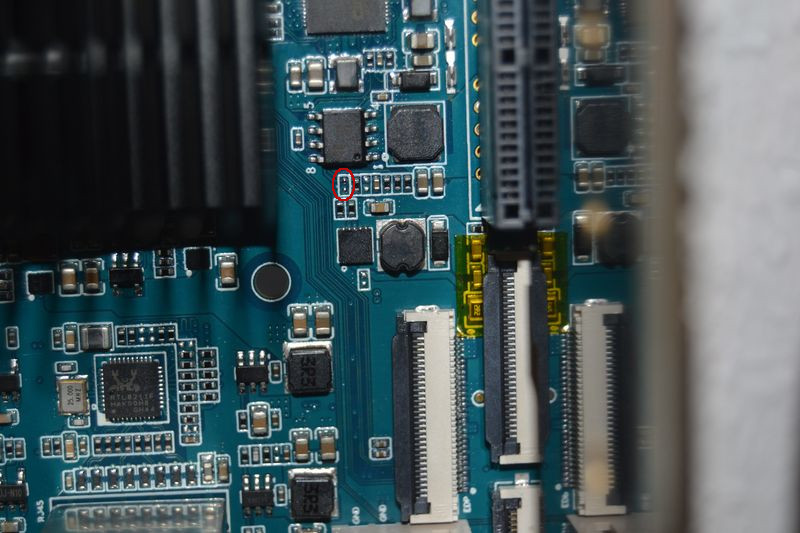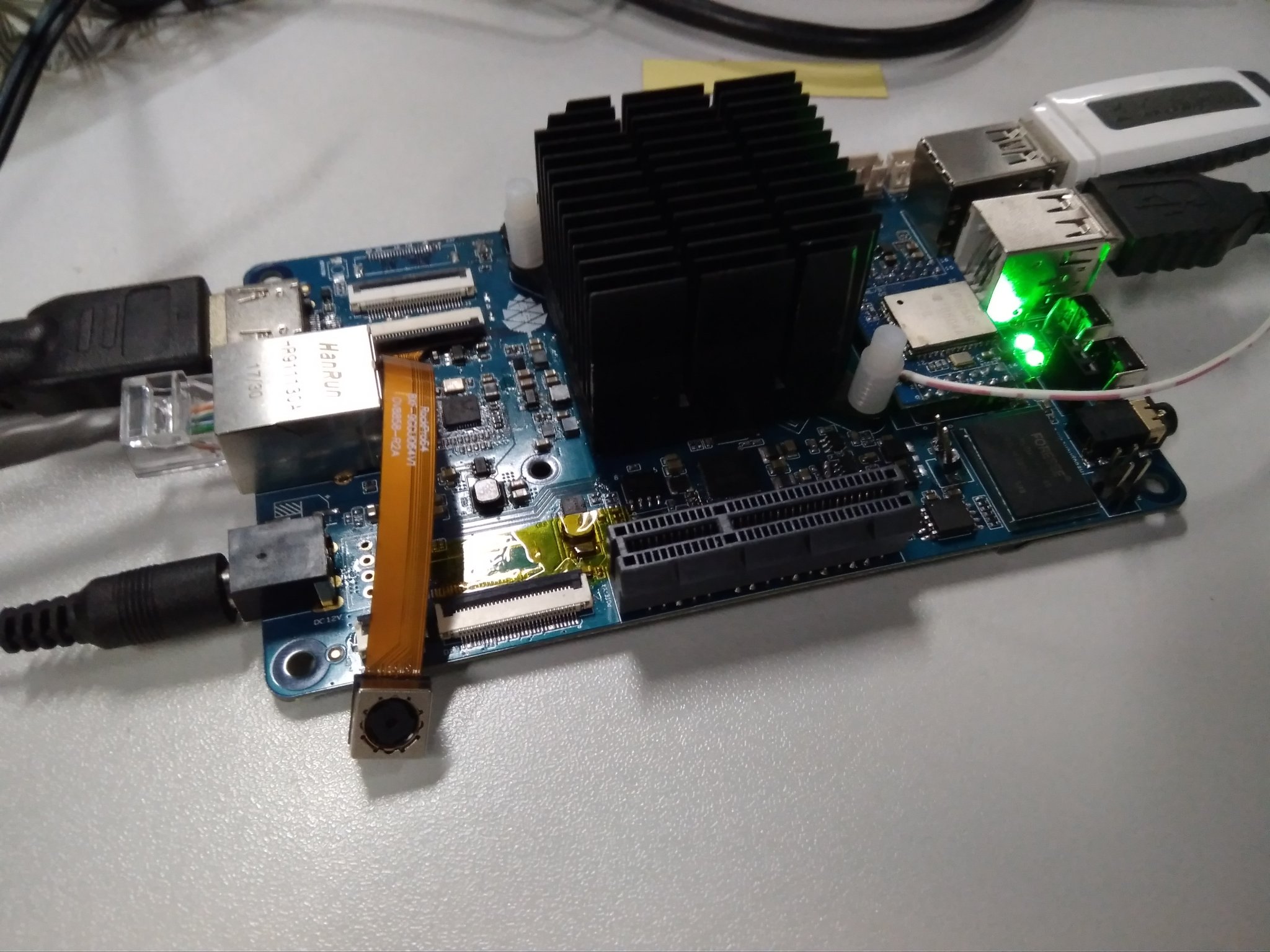Kernel 4.4.x
-
- 4.4.167-1155-rockchip-ayufan
- 4.4.167-1157-rockchip-ayufan
- 4.4.167-1159-rockchip-ayufan
- 4.4.167-1161-rockchip-ayufan
Änderungen
- ayufan: dts: pinebook-pro: change bt/audio supply according to Android changes
- ayufan: dts: rock64: remove unused
ir-receiver - ayufan: dts: pinebook-pro: fix display port output
- ayufan: dts: pinebook-pro: fix display port output
-
4.4.167-1169-rockchip-ayufan released
- nuumio: dts/c: rockpro64: add pcie scan sleep and enable it for rockpro64 (#45)
-
4.4.167-1175-rockchip-ayufan released
- Old driver is
rockchip-drm-rga
- Old driver is
-
4.4.167-1184-rockchip-ayufan released
4.4.167-1185-rockchip-ayufan released- Revert "PCI: rockchip: Add Rockchip DW PCIe controller support"
- Revert "nuumio: dts/c: rockpro64: add pcie scan sleep and enable it for rockpro64 (#45)"
und viele andere Änderungen. https://gitlab.com/ayufan-repos/rock64/linux-kernel/commits/release-4.4
-
-
4.4.167-1201-rockchip-ayufan released
Ganz schön aktiv unser Kamil im Moment.

Hier zum Nachlesen -> https://gitlab.com/ayufan-repos/rock64/linux-kernel/commits/release-4.4
-
4.4.167-1217-rockchip-ayufan released
Kamil hat die letzten Tage viele Änderungen gemacht, aber hauptsächlich für das kommende Pinebook Pro.
Hier zum Nachlesen https://gitlab.com/ayufan-repos/rock64/linux-kernel/commits/release-4.4
-
4.4.185-1222-rockchip-ayufan released
Der Kernel ist seit 10.7.19 auf kernel.org, also habt ihr jetzt wieder was Frisches




